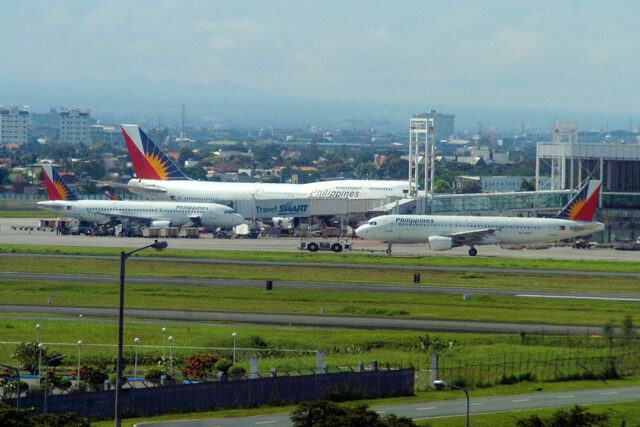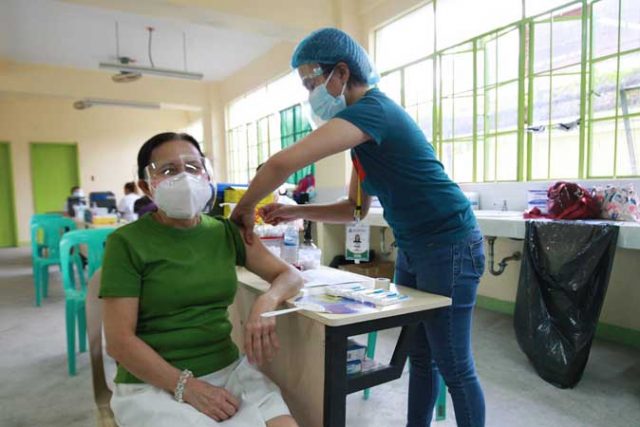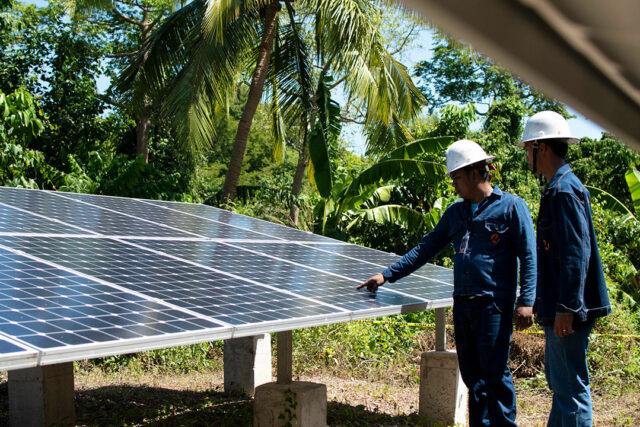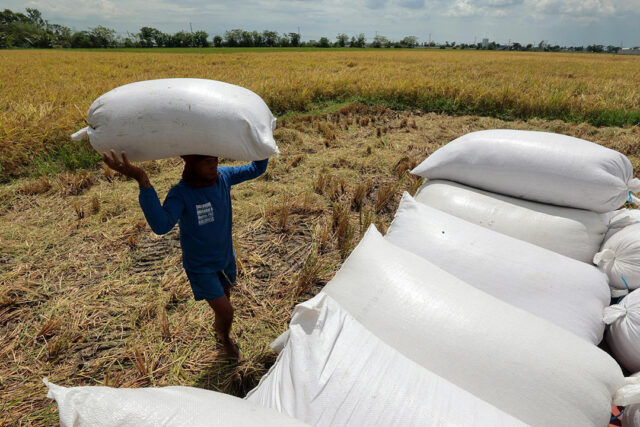By Sheldeen Joy Talavera, Reporter
THE Department of Energy (DoE) said it will initiate the auction process for microgrid systems providers (MGSP) in the second quarter, following the failure of the previous round.
Energy Undersecretary Rowena Cristina L. Guevara told BusinessWorld that the preparatory activities associated with the third round of the MGSP competitive selection process (CSP) are expected to start in May.
Awarding is targeted by the end of 2025.
Last year, the second round of the MGSP auction failed amid limited interest.
That auction round offered the electrification of 41 lots consisting of 85 unserved and underserved areas covering 12,394 households.
Ms. Guevara said that only one proponent expressed interest and was deemed qualified by the MGSP-Special Bids and Awards Committee.
“Failure of bidding was declared since the only pre-qualified bidder was unable to submit a complete bid proposal by the deadline,” she said.
Republic Act No. 11646, or the Microgrid Systems Act of 2022, requires the DoE to conduct a CSP for potential concessionaires seeking to serve off-grid areas.
During the first MGSP auction in 2023, the DoE pre-qualified nine bidders, with only the Maharlika Consortium submitting a complete bid proposal.
The Maharlika Consortium is composed of Maharlika Clean Power Holdings Corp., Singapore-based CleanGrid Partners Pte. Ltd., and WEnergy Global Pte. Ltd.
As the winning bidder, the consortium was to supply 24/7 electricity services to eight lots in the provinces of Cebu, Quezon, and Palawan through a hybrid microgrid system consisting of solar photovoltaic facilities, energy storage systems, and diesel generators.
Last month, Ms. Guevara told a forum that the potential market for MGSPs is over 200 sites with potential for economic growth if given access to electricity.
The 2023-2032 National Total Electrification Roadmap sets the 100% electrification deadline for 2028, or the end of the term of the Marcos administration.
However, the government is reviewing the target to make it “more realistic” in the face of limited funding, according to Energy Secretary Raphael P.M. Lotilla.
Mr. Lotilla said earlier this month that the Philippines will need between P85 billion and P100 billion to achieve the electrification of all households.
The estimated amount is intended not only to finance household electrification, but also to improve backbone lines, especially in off-grid areas.
“As of the midpoint of the administration, the average budget has only been between P2 billion to P3 billion a year, and therefore we have a long way to go before we can achieve that goal. So we are looking at ways to achieve the total electrification goal,” Mr. Lotilla said.











